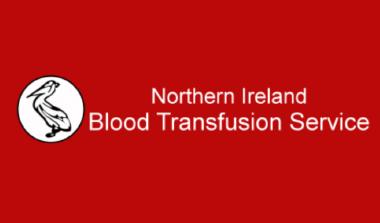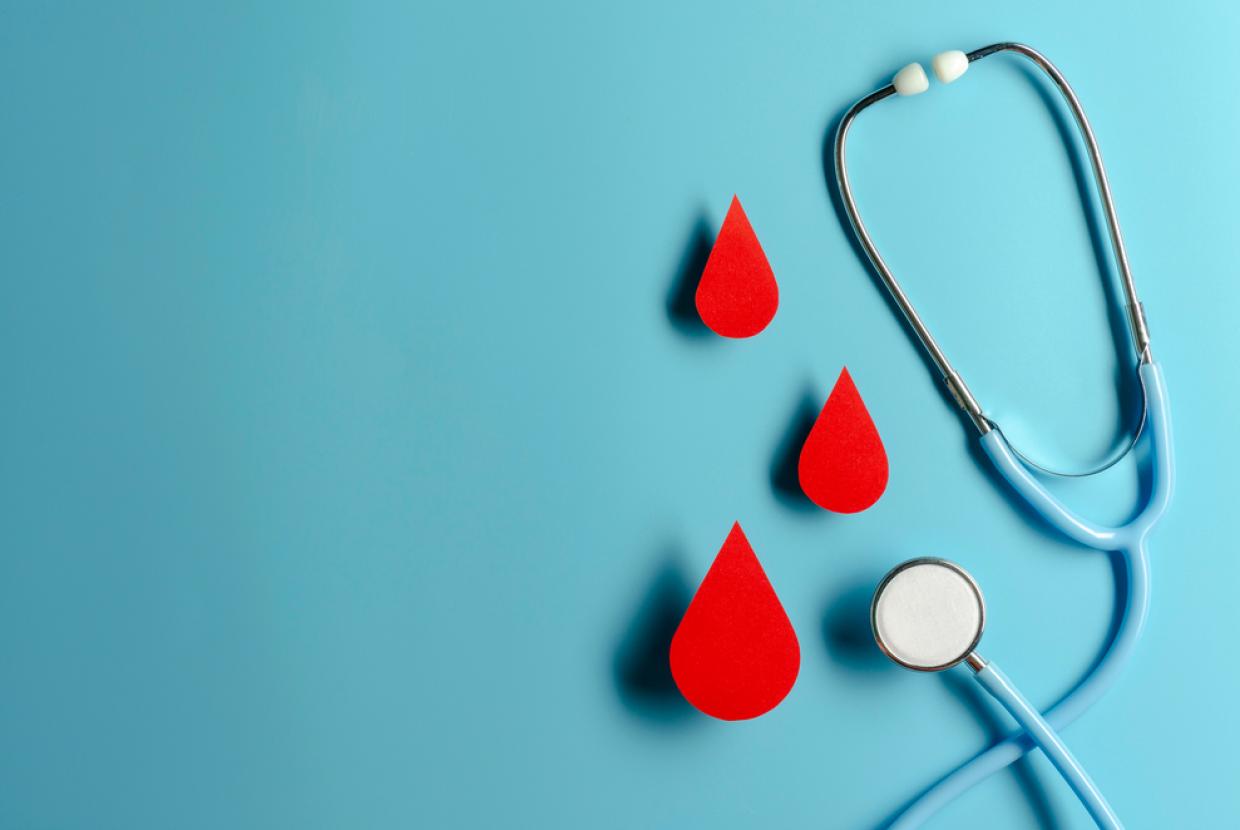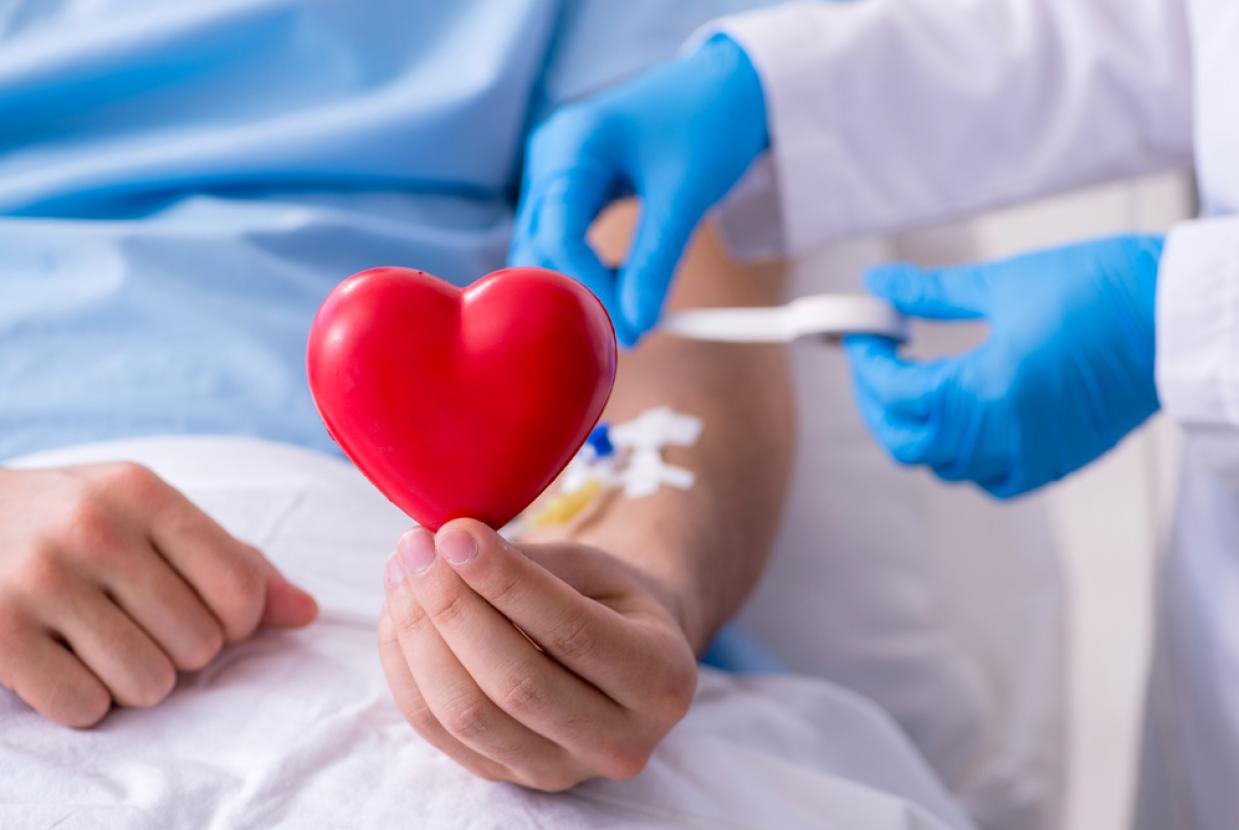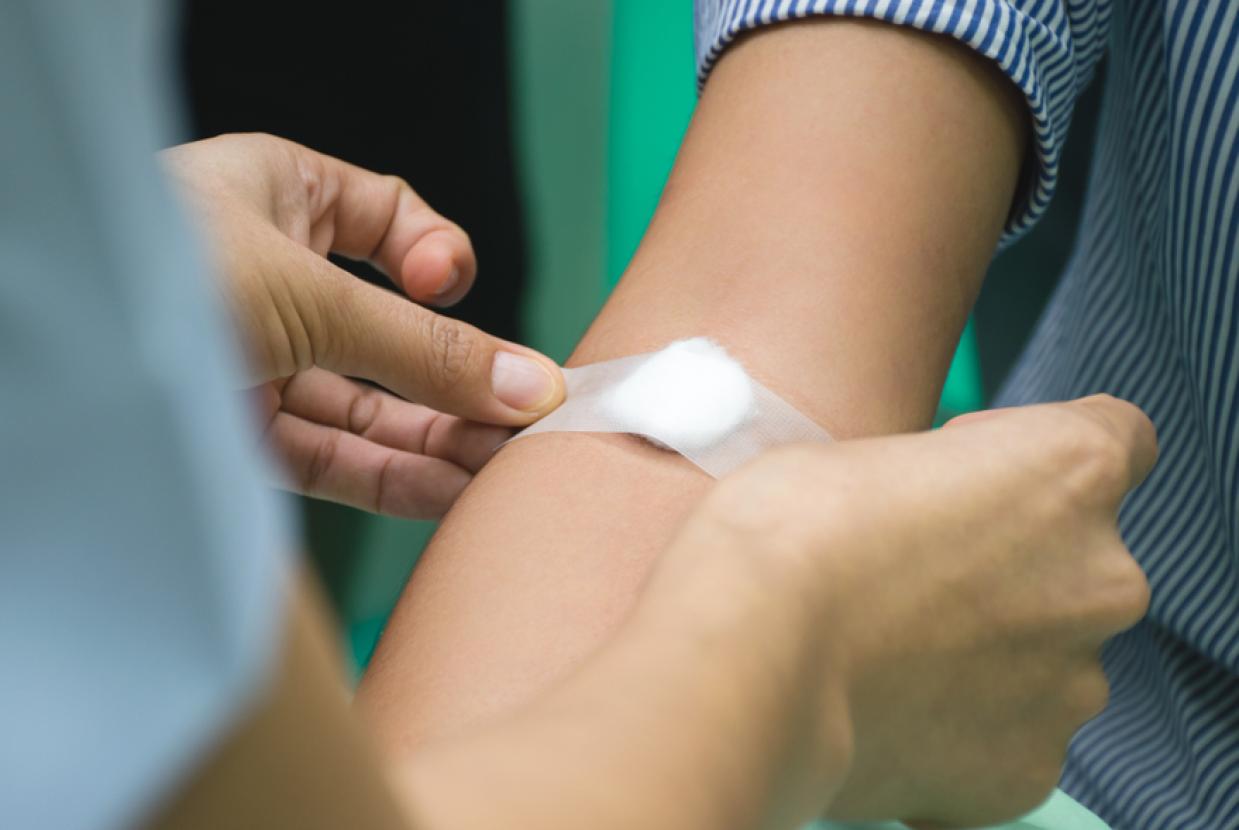Medical Conditions
NI Blood Transfusion Service
You can donate if you have:
- Diabetes - Provided you have not had any diabetic related complications, and any oral medication you are taking has not been changed in type or dose in the last 4 weeks. You cannot donate if you are taking insulin.
- High blood pressure - Provided you have not had any complications, and any medication you are taking has not been changed in type or dose in the last 4 weeks.
- High cholesterol - Provided you have not had any complications.
- Genetic Haemochromatosis - Blood from Genetic Haemochromatosis (GH) patients can be used for transfusion to patients. GH patients must meet the same selection rules as apply to other blood donors. GH patients wishing to donate their blood can attend the Northern Ireland Blood Transfusion Service (NIBTS) instead of the hospital or GP clinic following a referral from their supervising doctor. For more information please contact us.
There are a number of medical conditions that exclude you from becoming a donor. This is to protect both your health and the health of the recipient.
You can not donate if you have:
- Heart disease
- Chronic lung disease
- You can donate if you have asthma provided you have no symptoms at the time of donation and you do not require high doses of anti-asthma medication.
- Stroke and Transient ischaemic attack (TIA)
- Epilepsy or other central nervous system disease.
- Cancer (even if you had this a long time ago)
- Inflammatory bowel disease: Crohn’s disease and Ulcerative colitis.
- Autoimmune disease (e.g. Rheumatoid arthritis, SLE – systemic lupus erythematous) if you have required treatment to suppress the condition in the last 12 months. Painkilling drugs such as non-steroidal anti-inflammatory drugs and physical therapy such as physiotherapy are not considered treatments to suppress the condition.













